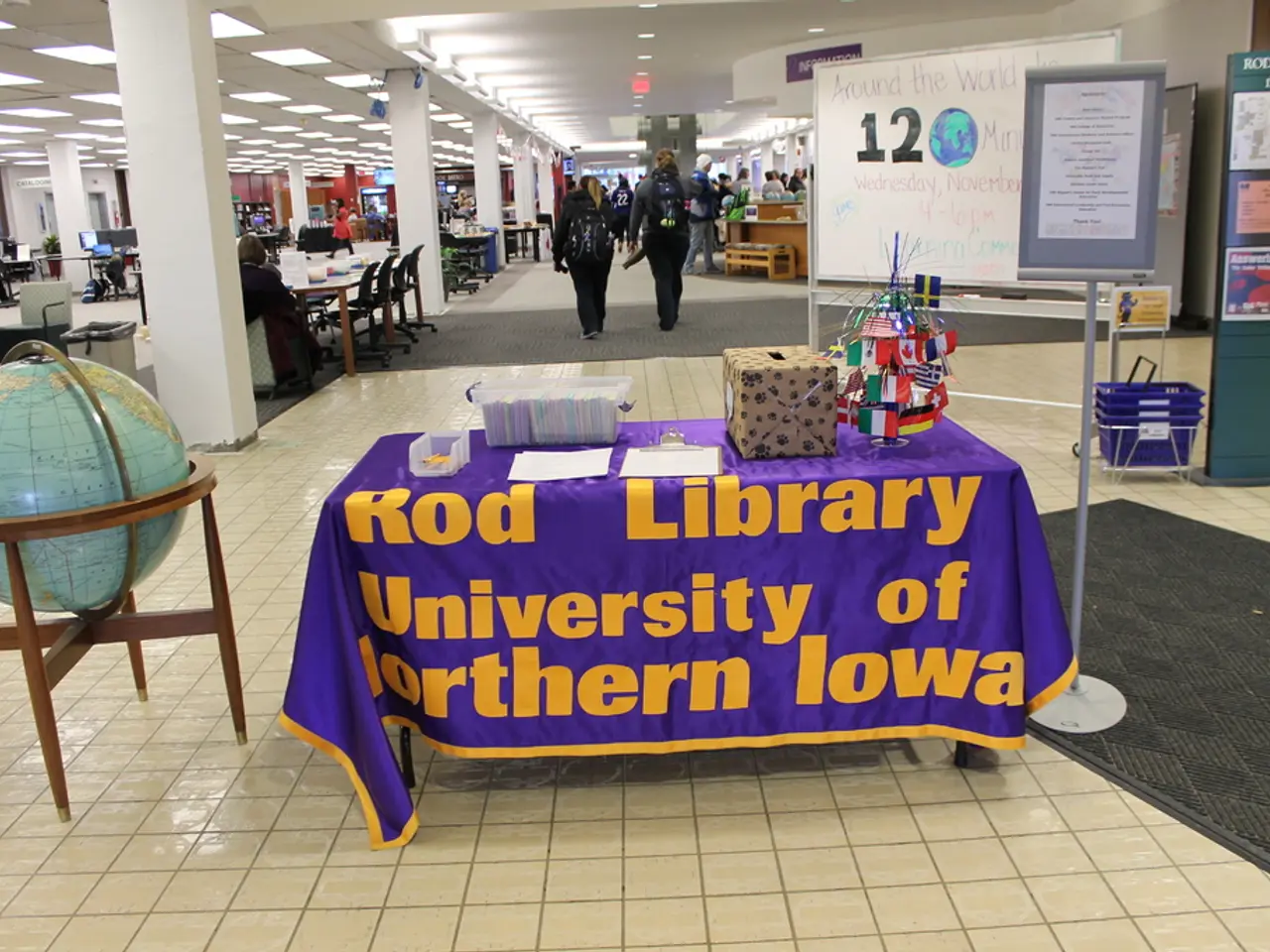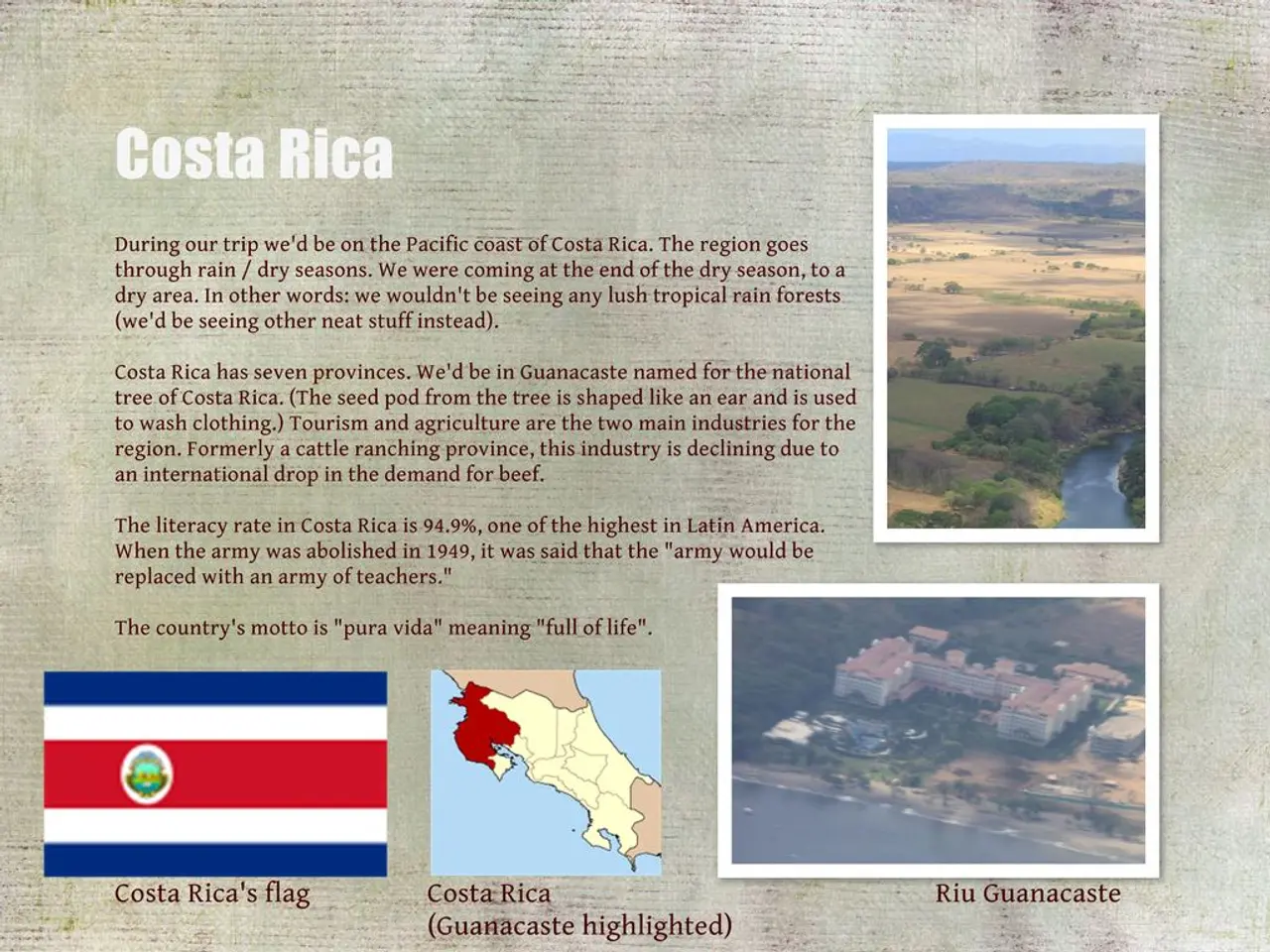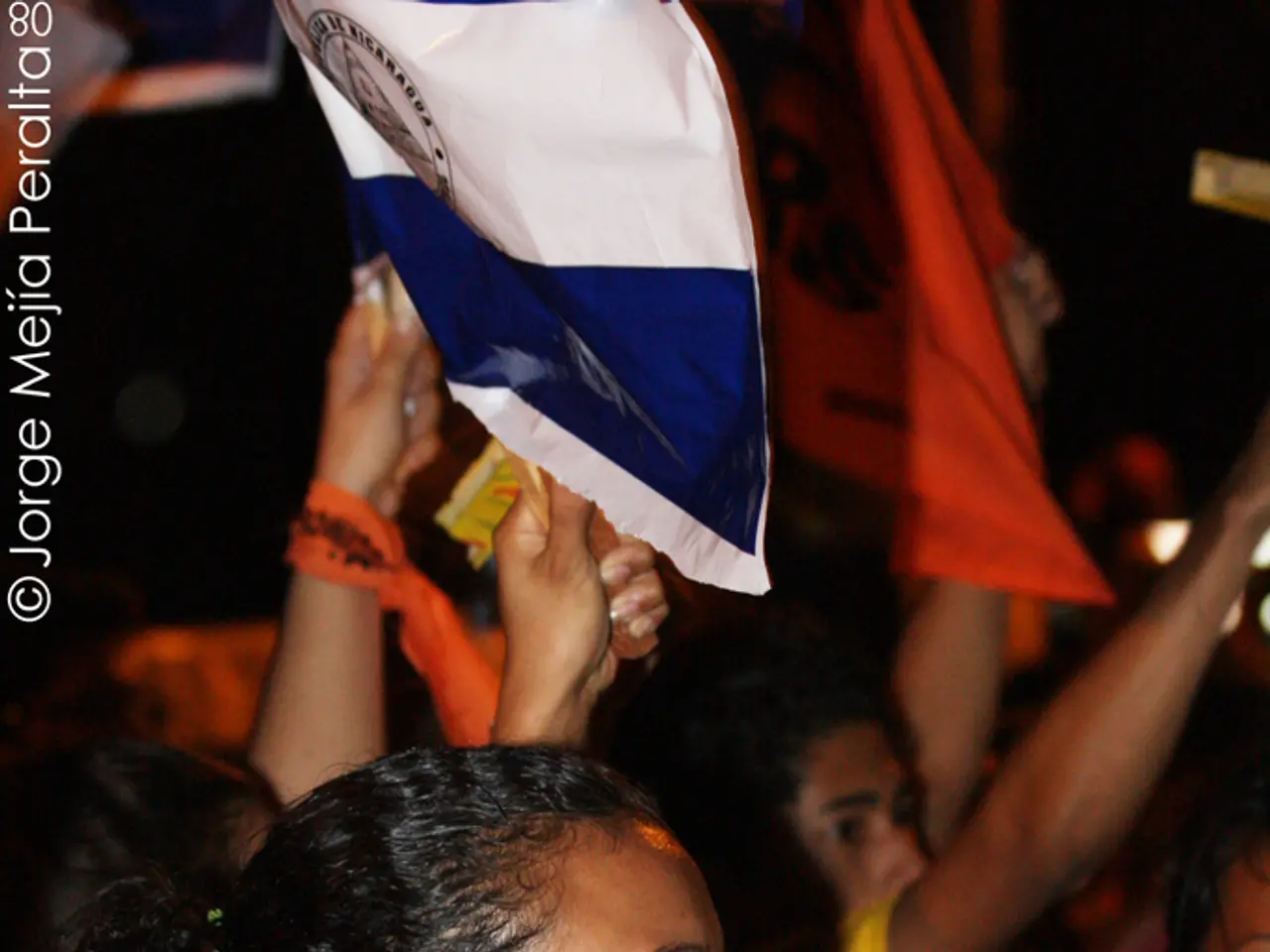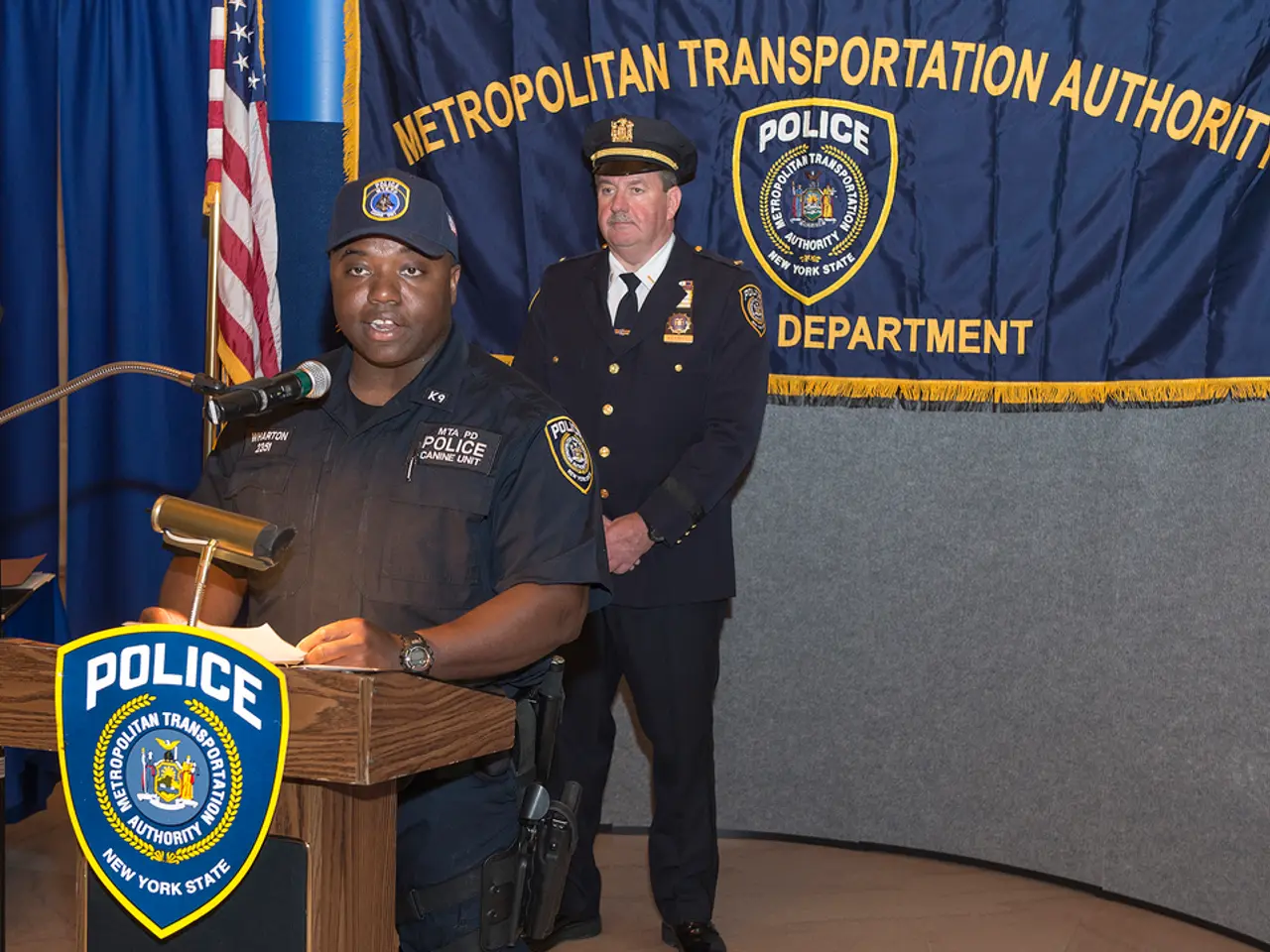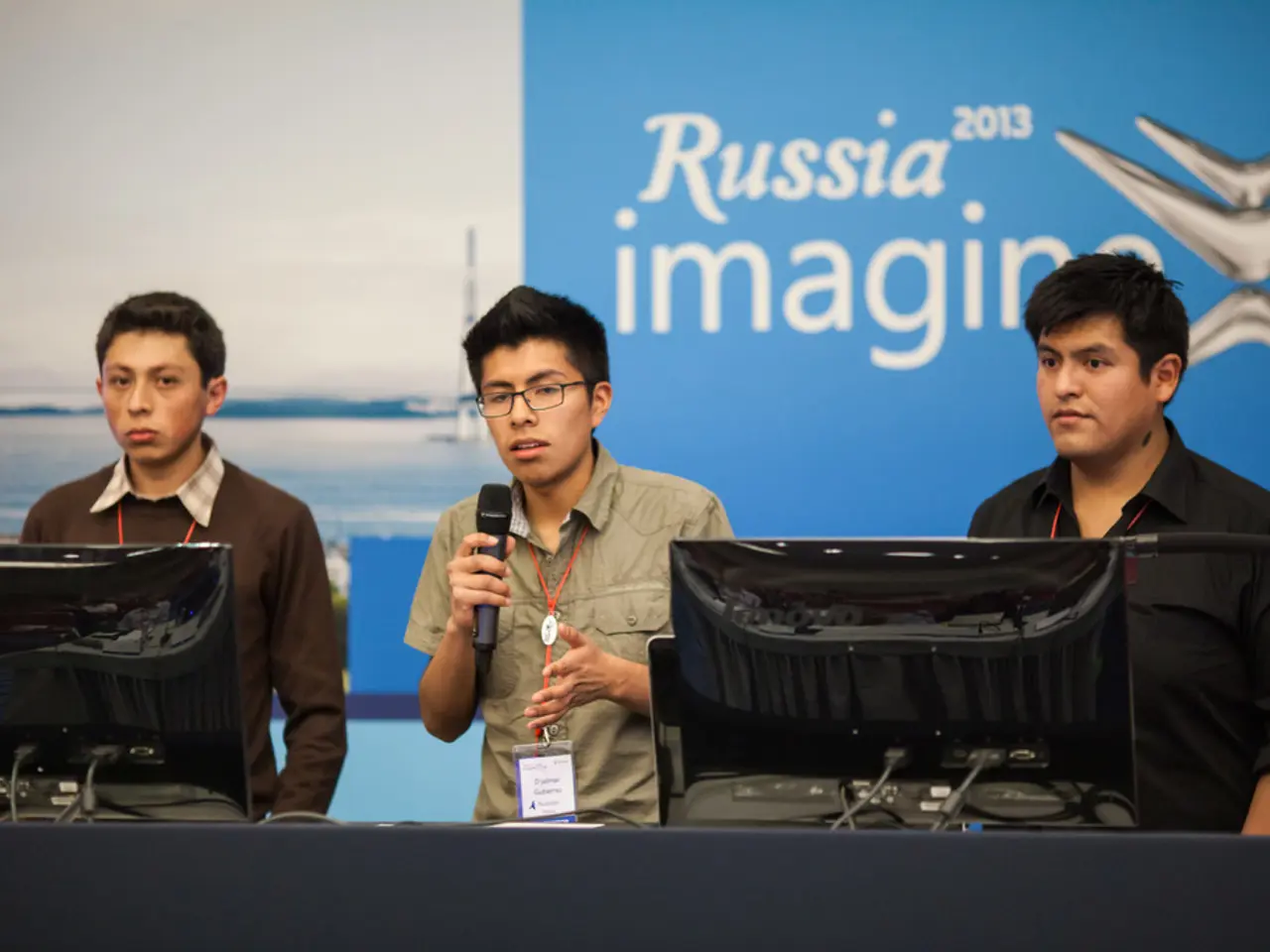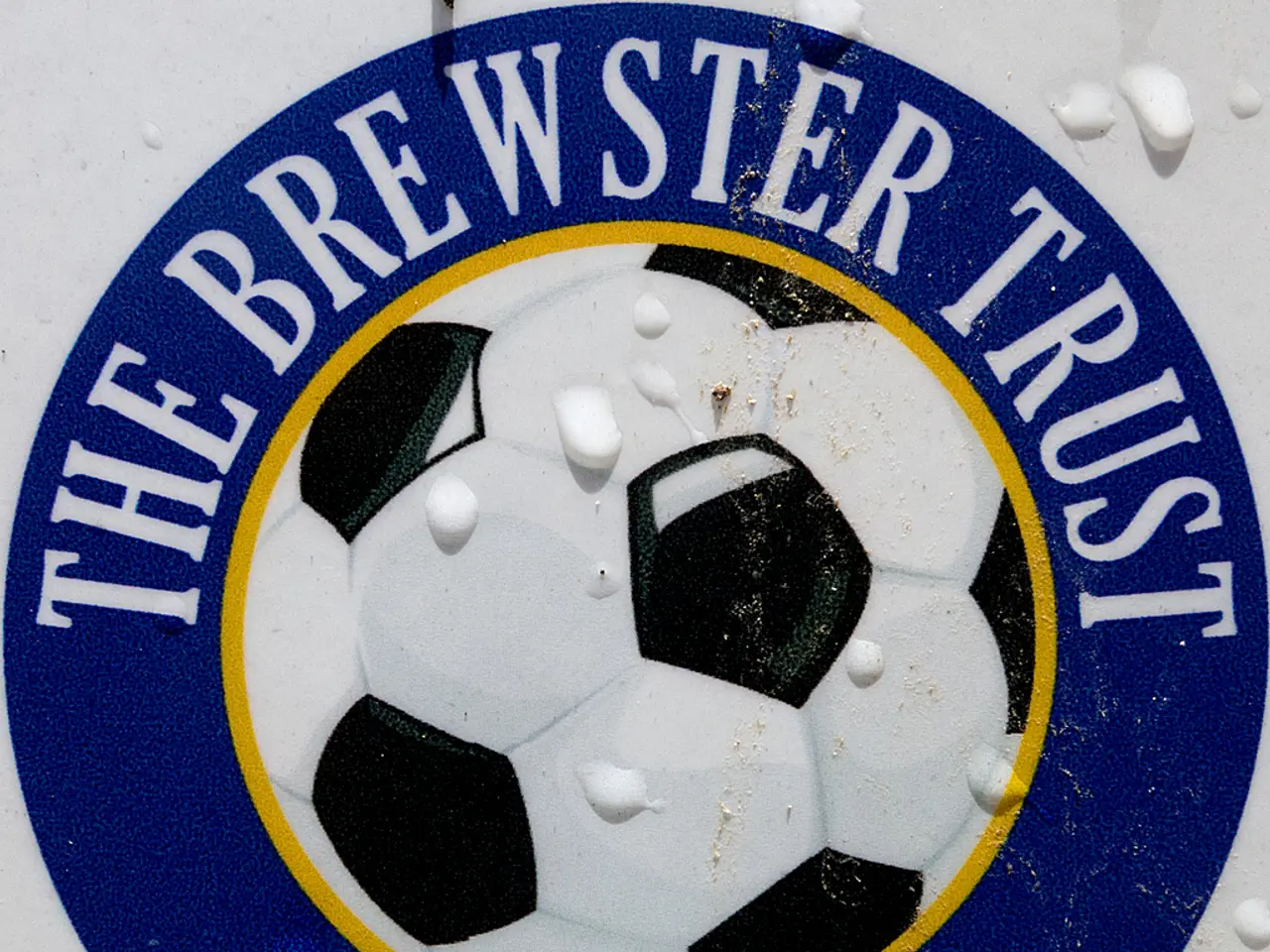City leader issues caution on potential nuclear conflict as Nagasaki commemorates anniversary of nuclear assault
Article: Reflecting on the 80th Anniversary of the Nagasaki Bombing
Eighty years ago, on August 9th, 1945, the city of Nagasaki was levelled by an atomic bomb, marking the second such attack in just three days. The bomb, nicknamed "Fat Man", was a 10,000-pound plutonium-239 device, dropped by the United States military. The immediate impact was devastating, with an estimated 27,000 people killed instantly, and the death toll from acute radiation exposure reaching about 70,000 by the end of 1945.
The bombing, along with the one that occurred in Hiroshima three days earlier, had profound consequences for both cities. Medical infrastructure was destroyed, leaving survivors with severe injuries and radiation effects, many without adequate medical care. The U.S. occupation of Japan afterwards led to significant social, military, governmental, and economic changes.
The bombings sparked enduring debate over the ethics and legality of nuclear weapon use. While proponents argue that the bombings hastened Japan’s surrender, avoiding greater casualties from a prolonged war or invasion, critics view them as unnecessary and constituting war crimes, given the massive civilian toll.
The bombings also changed world history by ushering in the nuclear age, contributing directly to Cold War tensions and initiating a global nuclear arms race between the U.S. and the Soviet Union. Today, there remain over 12,000 nuclear weapons worldwide, with about 9,000 operational and capable of massive destruction—equivalent to tens of thousands of Hiroshima bombs. This ongoing proliferation, alongside rising geopolitical tensions, sustains the risk of nuclear conflict.
In the decades since, international efforts to prevent nuclear war and promote disarmament have included treaties like the Treaty on the Non-Proliferation of Nuclear Weapons (NPT). However, progress is slow and commitments are fragile amid geopolitical rivalries, as growing arsenals and the risk of accidental or intentional use remain urgent humanitarian concerns.
Despite being the only country to have suffered nuclear attacks, Japan is not a signatory or observer of the UN treaty to ban nuclear weapons. This year, the number of survivors, known as "hibakusha", has fallen below 100,000 for the first time. Mayor Shiro Suzuki called on leaders to return to the principles of the UN Charter and show a concrete path toward abolishing nuclear weapons.
On Saturday, thousands bowed their heads in prayer in Nagasaki to mark the 80th anniversary of the atomic bombing. Daiji Kawanaka, a 14-year-old tourist from Osaka, echoed the mayor's sentiments about the importance of peace. Mr. Suzuki quoted a survivor's testimony to illustrate the reality of a nuclear attack.
Representatives from 95 countries and territories, including the United States and Israel, attended the annual ceremony at the Nagasaki Peace Memorial Park. Russia, which possesses the world's largest nuclear stockpile, was also represented. Japan's leading organization of A-bomb survivors, Nihon Hidankyo, won the Nobel Peace Prize last year for campaigning for a world without nuclear weapons.
The US military is believed to have chosen Nagasaki as a target due to its significance as a major industrial and port city, and its geographical features, including its hilly terrain, were thought to concentrate the blast. As we reflect on this tragic event, it is crucial to remember the devastating impact of nuclear weapons and the ongoing efforts towards nuclear disarmament.
Politics surrounding war-and-conflicts, such as debates over the ethics and legality of nuclear weapon use, continue to be fueled by events like the Nagasaki bombing. General news on current global affairs often includes discussions about nuclear arms races, nuclear stockpiles, and international efforts for nuclear disarmament.
